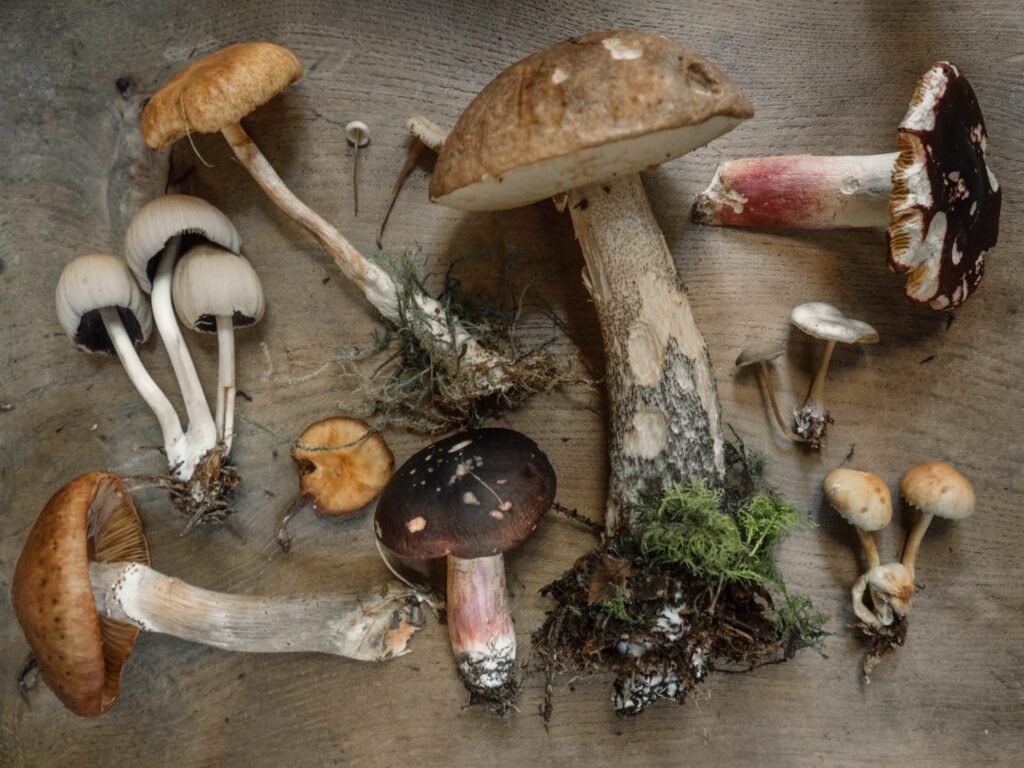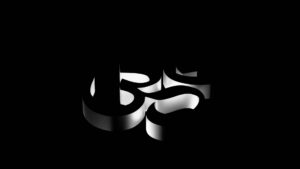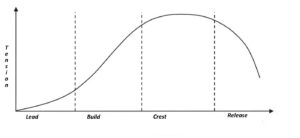A personal psychedelic experience deserves to be treated with great respect. One way to do that is to curate a musical playlist to accompany the journey. Music acts on us physically, mentally, emotionally, and spiritually, so why not, right? It’s more than just music, magic, and mushrooms.
A psychedelic mushroom journey is much more than therapy. There are aspects of it not yet understood by science, particularly, the aspects of connectedness and expanded consciousness reported by many people who’ve used psilocybin. In addition to the remarkable results psilocybin has with healing addiction and post-traumatic stress those “spiritual” aspects of the journey have vital importance to passengers. Some people refer to this heightened awareness as “magical.”
Music on its own can be magical, connecting, and consciousness-expanding, so combining music in some way with a psychedelic experience seems like a good idea.
Johns Hopkins, where research into psilocybin (the psychoactive component of magic mushrooms) is taking place, has published some intriguing reading about the playlist they’ve used in human trials. You may have seen video clips of these trials in the excellent Netflix documentary “Fantastic Fungi.”
Clearly, human “trials” are taking place outside of the research laboratory, and not just with psilocybin mushrooms. Ayahuasca, ketamine, and even LSD are being used more and more frequently, and for similar purposes, with reported similar effects. In Ayahuasca ceremonies, traditional music is a component of the psychedelic journey, as documented in the excellent movie “Icaros: A Vision.” Icaros are specific songs – melodies that are used to guide Ayahuasca passengers through the various phases of their journey – with very purposeful intent.
This feels right, at least based on the understanding of the skillful use of music available today, and it’s a natural question to wonder how to integrate music with personal psychedelic use.
Could music support or sustain a post-journey expansion of consciousness and awareness?
There are excellent, experienced facilitators, “trip sitters,” “guides,” and indigenous people with historical lineages of understanding who are well qualified to discuss their own music-connected journeys, as well as an app-connected hotline provided by a California-based not-for-profit called The Fireside Project that offers in-journey support in addition to fielding more general questions.
But why not consider using music in a wider sense? Sure, using music during a psychedelic experience may affect the magic one feels, but let’s ask the bigger question: how does music support or sustain a post-journey expansion of consciousness and awareness? Could a purposeful use of music re-connect or re-mind or re-engage us with aspects of the psychedelic experience in some useful way?
Ritual use of music can be magical. The experience of a concert is just one example; a DJ’s curated playlists are another. These examples may not rise to the level of sacramental music, such as Gregorian Chant or icaros, but they help confirm that the way we humans use music with purpose and skill has been a feature of our civilization for a long, long time. Although the contents of the experience vary, a music-informed ritual such as the Latin singing of the Catholic Mass is designed to re-connect participants with the same “otherness” that opens to psychedelic passengers by using musical content in a very specific way.
Do you have a purposeful playlist that guides your spiritual journey…as a ritual? If you’d like to learn more about how to build that kind of experience for yourself, the Musimorphic Quest may be a tool that could guide you. Developed over more than 30 years of conscious, skillful engagement with the power of music, the Quest teaches you the essential components of connecting purpose with practice and opens the magic of the holistic awareness and application of music. There’s a “lite” version too, available as a one-hour course on Grinfer.
Do you have a ritual practice for music you love? Or a music-informed ritual for soft skills such as compassion, forgiveness, acceptance? Or a true silver-bullet playlist for issues such as social justice, equity, diversity, and inclusion?
Like the psychedelic journey itself, once you understand what awaits your use of music, you can never go back to how you used to experience it. Fire your imagination with a listen to our Founder’s music, especially the albums Equilibrium, a collaborative trio of Tibetan bowls, native wooden flutes, and keyboard, Natural Chakra Ambience at 432 Hz, a solo keyboard exploration of chakra music, and Serenity, an acoustic collection of spontaneously-composed piano music that blends Classical with New Age styles.
For a deeper dive, you’re welcome to engage Bill directly – he likes to talk the old-fashioned way over the phone – for questions and brainstorming.
Finally, using music purposefully and intentionally, with genuine ritual practice, is a remarkable way to leverage today’s understanding of neuroscience, specifically neuroplasticity and bilateral stimulation. As amazing as the psychedelic journey can be, the ritual practice of music can be your gateway to access all that goodness whenever you need it, and that is truly magical.
Photo courtesy Hans Veth on Unsplash.com






